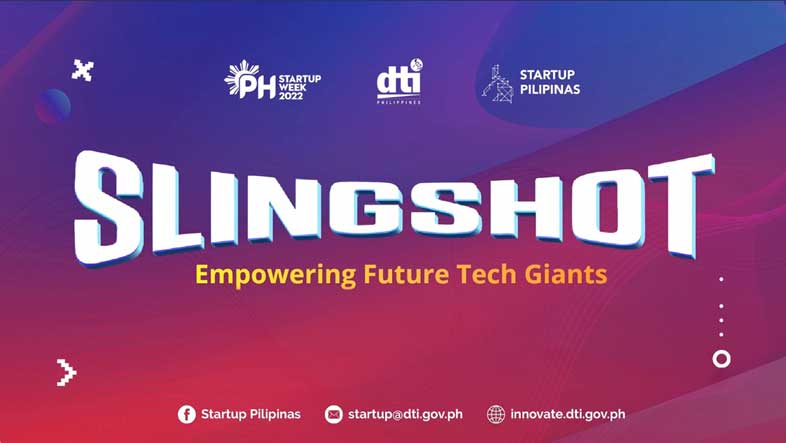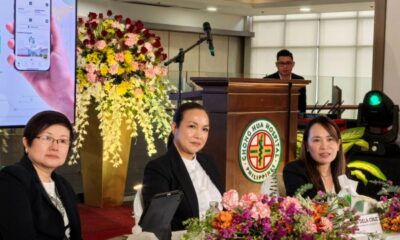Business
Homegrown Startups Highlighted as PH Moves to Foster Startup Ecosystem


Philippine Startup Week highlighted startup stories and government initiatives as the Philippines moves to make the country a key startup hub in Southeast Asia.
This comes as the Department of Trade and Industry (DTI) held a virtual program attended by the government, academe, industries, and media dubbed “Slingshot Conference” with the theme “Empowering Future Tech Giants,” on 17 November 2022 as part of its bid to “foster a robust startup ecosystem.”
Moreover, the DTI pledged that the agency is committed to making the country a regional innovation leader and startup hub.
“To continue its active involvement in making the Philippine Startup Ecosystem the leading regional innovation and startup hub in Southeast Asia,” underscored by DTI Competitiveness and Innovation Group Undersecretary Rafaelita M. Aldaba.
She added that “the Philippine Startup Ecosystem has grown so much” since 2015.
“Looking back, the Philippine Startup Ecosystem has grown so much since we first got together in 2015. Back then, only 100 Philippine startups were reported to be active, with USD40M in investment and funding. Today, we see individual startups raising USD30M in one round alone and growing the ecosystem to more than 1000 active startups nationwide,” Usec. Aldaba shared.
Stephan Kuester of Startup Genome reported in his talk during the event that the current startup ecosystem of the Philippines is on par with global trends, adding that the government must work on policy creation that supports startups as tech is projected to be the largest single sector of the world’s economy in the foreseeable future.
Meanwhile, Matija Squire from Fingerprint for Success said during the program that the country must build further the entrepreneurial mindset of Filipinos.
She also called for collaboration among the startup ecosystem and the creation of a curriculum to empower more homegrown startups.
“While the Philippine startup ecosystem has yet to reach its full potential, we Filipinos are not lacking in talent or mindset. What we need are concrete actions to build ecosystems for startups to innovate and disrupt the status quo, building new solutions which will be our anchor in driving our future economy forward.” Usec. Aldaba said.
Moreover, Aldaba added that schools and universities must revisit their curriculum to encourage students to embrace technology and entrepreneurship.
She also added that collaboration among investors and industry partnerships must be done to nurture local talent. (GFB)
































